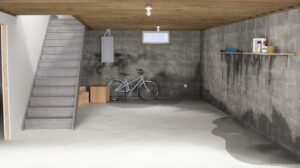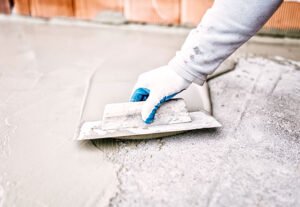Table of Contents
TogglePaint contents
With paint comes freshness, articulation of new thoughts, and beautification of walls. They give a makeover to the home from drab to fab. But, have we ever wondered what constituents of the paint give it the properties of paint?
Paint is formulated as a mixture of four ingredients:
- Binder
- Solvent
- Pigment
- Additives
Binders of paints
The binder is the main ingredient of the paint. Binders are polymers (resins) forming a continuous film on the substrate surface. Binders are responsible for good adhesion of the coating to the substrate. The binder holds the pigment particles distributed throughout the coating. Common binders named Alkyd resins, Acrylic resins, Phenolic resins, Epoxy resins, Chlorinated rubber, and Latex (PVA) exist in the paint.
Solvents of paints
A solvent (water or organic solvent) is a medium where the binder, pigment, and additives are dispersed in molecular form or as colloidal dispersions. Solvents (thinners) are also used for modification of the paint viscosity required for the application methods: brush, roller, dip, and spray. The solid coating is formed due to the evaporation of solvent, therefore, the evaporation rate is one of the important properties of solvents. The solvents used as the carrier in paints are Water, White spirits (mineral turpentine spirits), Xylene, and Toluene.
Pigments of paints
The pigment is a solid substance dispersed throughout the coating to impart colour, and opacity. Pigments may protect the substrate from UV light. Pigments change the paint’s appearance (gloss level) and properties: increase hardness and decrease ductility. Pigments may be natural, synthetic, inorganic, or organic.
Pigments commonly used in paints are Titanium Dioxide, Zinc Oxide, Zinc Yellow, Yellow Dyes, Benzidine Yellows, Chrome Oxide Green, and Phthalocyanine Blues.
Additives for paints
Additives are small amounts of substances modifying the paint’s properties. Examples of additives:
- Driers accelerate the paints drying
- Plasticizers increase the paint’s flexibility.
- Fungicides, Biocides, and Insecticides prevent the growth and attack of fungi, bacteria, and insects.
- Flow control agents improve flow properties.
- De foamers prevent the formation of air bubbles entrapped in the coatings.
- Emulsifiers are wetting agents increasing the colloidal stability of the paints in the liquid state.
- UV stabilizers provide stability to the paints under ultra-violet light.
- Anti-skinning agents prevent the formation of skin in the can.
We are Painting Contractors in Bangalore and undertake all kinds of interior and exterior, residential, and commercial painting. We also provide wood painting polishing texture designs and stencil works.



